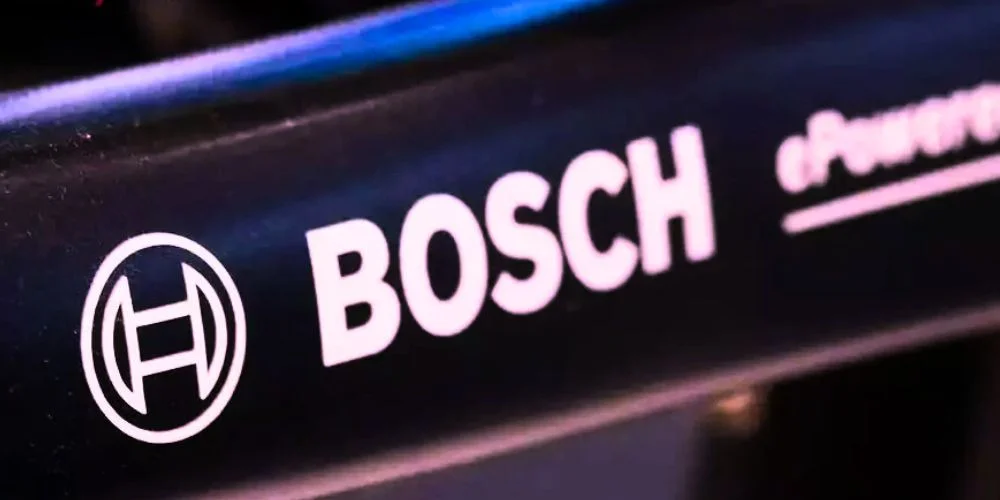Key Points
- Bosch and Tenstorrent are collaborating to standardize chipset-based automotive processors.
- This approach aims to reduce costs and speed up the development of custom vehicle silicon products.
- The collaboration offers automakers more customization and flexibility compared to current off-the-shelf chips.
- The partnership is in the early stages, with no specific products or sales agreements yet.
German industrial giant Bosch has teamed up with U.S. chip startup Tenstorrent to develop a platform aimed at standardizing the building blocks of automotive chips, according to Tenstorrent executives. This collaboration utilizes “chiplets”—small modules that make up modern chips—to create customized systems for various automotive applications. David Bennett, Tenstorrent’s chief customer officer, shared details in an interview, explaining that the goal is to create a universal approach to integrating chiplets into automotive processors. It could significantly reduce costs and accelerate the production of silicon products for the rapidly evolving automotive industry.
Bennett stated, “(Bosch is) collaborating with us to essentially redefine how automakers look at silicon—purchasing silicon and building silicon.” With the rise of electric vehicles, automobiles are increasingly becoming complex computer systems on wheels, requiring more sophisticated chips to manage electrification, battery systems, and automated driving technologies. By standardizing the process of chipset integration, the companies aim to offer a more cost-effective, modular solution for automakers.
This new approach involves combining different types and quantities of chiplets to create processors tailored to a vehicle’s specific needs. By producing chiplets in large volumes, companies can lower production costs while offering more customization for automakers. “Standardizing the technical requirements around chiplet building blocks could lower prices,” Bennett added. This strategy contrasts with purchasing off-the-shelf chips from major manufacturers like Nvidia, Qualcomm, and Intel-owned Mobileye, which specialize in producing chips for driver assistance and other vehicle systems.
The flexibility provided by chiplets would allow automakers to adjust the number and type of chiplets depending on the specific features required in each vehicle model. It reduces costs and enhances the ability to scale production for different types of vehicles, from budget-friendly models to high-end electric or autonomous cars.
Although the collaboration between Bosch and Tenstorrent is still in the early stages and does not include specific products or sales agreements with automakers, the innovation potential is significant. Tenstorrent’s CEO, Jim Keller, has a strong background in chip design, having previously worked at Tesla, AMD, and Apple. His leadership brings credibility to this effort to transform the automotive chip industry.




